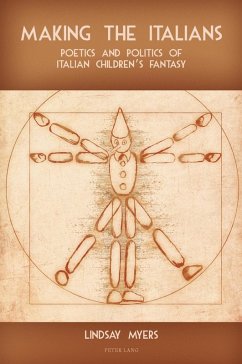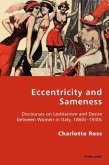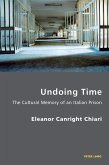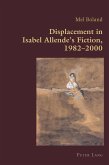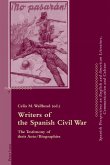Italian children's literature has a diverse and unusual tradition of fantasy. With the exception of Carlo Collodi's Pinocchio, however, it has remained almost entirely unknown outside of Italy. Why is it that Italian children's fantasy has remained such a well-kept secret? How 'international' is the term 'fantasy', and to what extent has its development been influenced by local as well as global factors? Cross-cultural and cross-linguistic research into this neglected area is essential if we are to enrich our understanding of this important literary genre.
This book charts the history and evolution of Italian children's fantasy, from its first appearance in the 1870s to the present day. It traces the structural and thematic progression of the genre in Italy and situates this development against the changing backdrop of Italian culture, society and politics. The author argues that ever since the foundation of Italy as a nation-state the Italian people have been actively involved in an ongoing process of identity formation and that the development of children's fantasy texts has been inextricably intertwined with sociopolitical and cultural imperatives.
This book charts the history and evolution of Italian children's fantasy, from its first appearance in the 1870s to the present day. It traces the structural and thematic progression of the genre in Italy and situates this development against the changing backdrop of Italian culture, society and politics. The author argues that ever since the foundation of Italy as a nation-state the Italian people have been actively involved in an ongoing process of identity formation and that the development of children's fantasy texts has been inextricably intertwined with sociopolitical and cultural imperatives.
Dieser Download kann aus rechtlichen Gründen nur mit Rechnungsadresse in A, B, BG, CY, CZ, D, DK, EW, E, FIN, F, GR, HR, H, IRL, I, LT, L, LR, M, NL, PL, P, R, S, SLO, SK ausgeliefert werden.
«This book is set to become an indispensable secondary text for Anglophone students of Italian children's literature.» (Pat Pinsent, The Journal of Children's Literature Studies 8, 2012/2)
«'Making the Italians' provides an invaluable contribution to the field of Italian children's literary criticism; it also has the potential to truly engage readers whose scholarly interests lie within the realms of cultural history or literary history more generally. This work demonstrates that Massimo D'Azeglio's oft-quoted dictum - to which the title of the book refers - has perpetual resonance in the field of children's literature; the process of 'making Italians' is not finite but rather involves the education and socialisation of each successive generation. Myers' study provides an insight into the role which authors of children's fantasy have played and continue to play in this process, thus offering readers a heretofore neglected perspective on a component of the cultural fabric of Italian society.» (Jessica D'Eath, La Libellula 4, 2012/4)
«'Making the Italians' provides an invaluable contribution to the field of Italian children's literary criticism; it also has the potential to truly engage readers whose scholarly interests lie within the realms of cultural history or literary history more generally. This work demonstrates that Massimo D'Azeglio's oft-quoted dictum - to which the title of the book refers - has perpetual resonance in the field of children's literature; the process of 'making Italians' is not finite but rather involves the education and socialisation of each successive generation. Myers' study provides an insight into the role which authors of children's fantasy have played and continue to play in this process, thus offering readers a heretofore neglected perspective on a component of the cultural fabric of Italian society.» (Jessica D'Eath, La Libellula 4, 2012/4)

